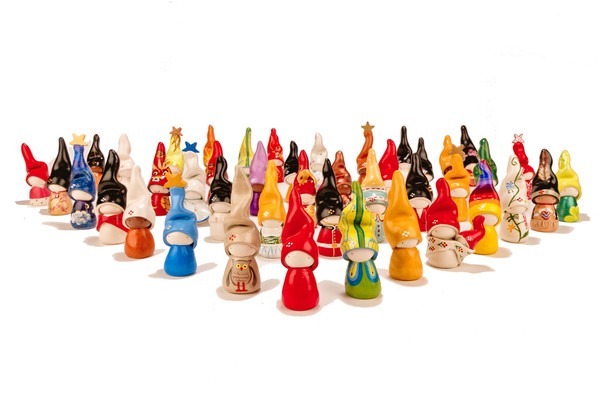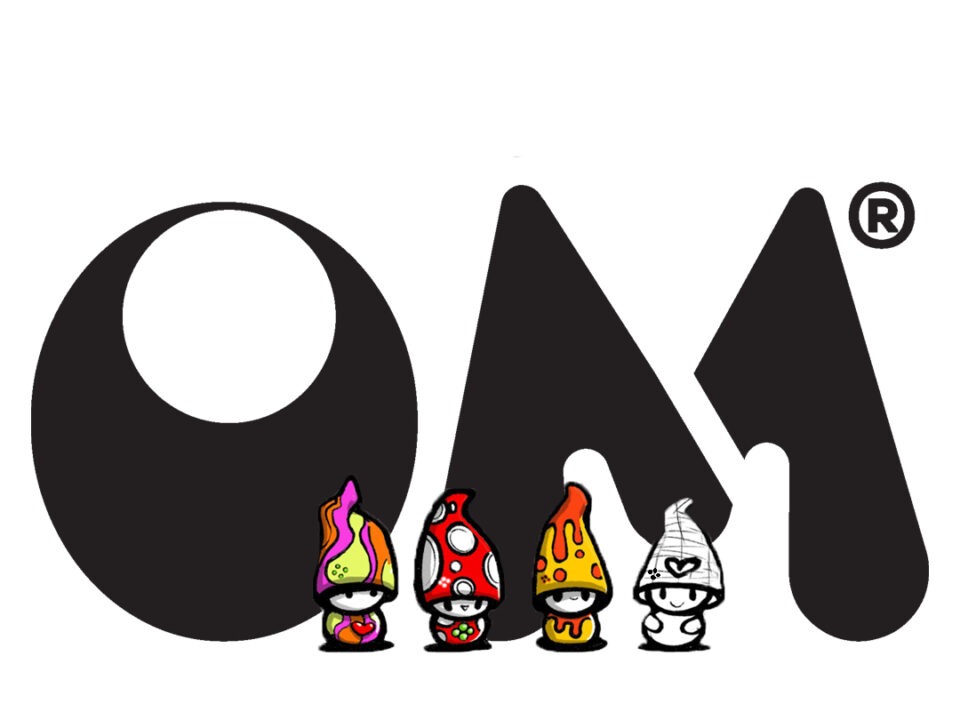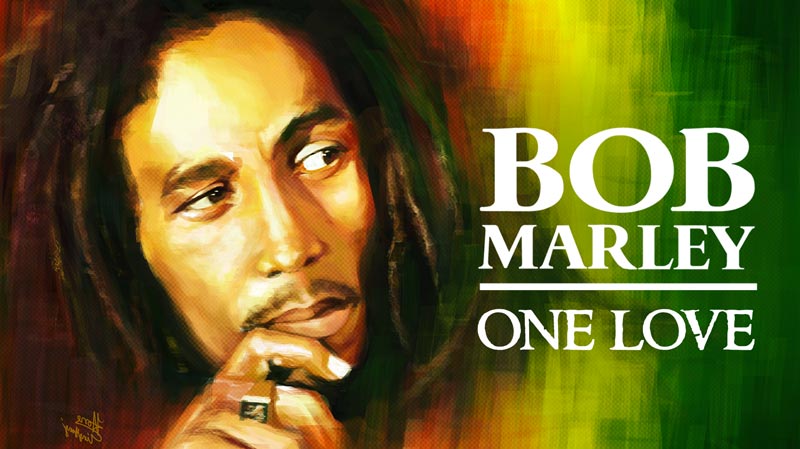'No matter where you are, you can help spread kindness . . .'
October 10, 2013'Wake up to the reality – EVERYONE can do something kind!'
October 26, 2013 Good deeds are to be encouraged. There’s no question that kindness can make a big difference to those on the receiving end. But is it true that such things can make our world a better place?
Good deeds are to be encouraged. There’s no question that kindness can make a big difference to those on the receiving end. But is it true that such things can make our world a better place?
Truly, can it be possible that buying a stranger a coffee or taking out a neighbor’s trash can have a knock-on effect that, in time, will prove beneficial to us all? Is Rachel Scott’s Chain Reaction nothing more than a myth? Could it be that we’re all wasting our time here? Might it be the case that no matter our intentions, we’re doing this for all the wrong reasons?
‘We’ve made altruism a sacred object so we’ve been blinded to its deleterious effects,’ says Barbara Oakley, from the University of Oakland, Michigan, who has written a book called Pathological Altruism, in which she claims that the notion of kindness has become a cultural obsession. ‘There’s a misguided view that empathy is a universal solvent,’ she says. ‘Helping others is often about your own narcissism [and] what you think people need is often not what they actually [do]’.
It’s an interesting theory, albeit a touch controversial. Fortunately, we’re pleased to report, this is very much a minority view. You see, kindness is making life better for people the Earth over. Just ask William Wan.
The leader of the Singapore Kindness Movement, a Government-funded organization that exists to encourage people to be nicer to each other, William speaks from experience . . .
‘It definitely does make a difference,’ he says. ‘We’ve changed the way that certain social norms are accepted. People are starting to give up their seats on buses now, which they never used to do. We must be realistic [and] we mustn’t be naive. Kindness movements can’t solve all our problems. But if they can solve some of our problems, why not use them?’
It’s a good question and the answer is rather obvious. If giving up a seat on the bus or holding open a door or paying someone’s toll makes even the smallest difference, it’s an act that has value. It’s not going to bring world peace or end famines, we understand that such things are not in our power to address. But in being nicer to each other, in being better human beings, we can improve life for the people around us. It’s something that, here at OM®, we believe to be our duty. In that respect, we’re not alone.
‘It doesn’t have to be about cradling people in a bubble of kindness,’ says Kelsey Gryniewicz, a director of the Random Acts of Kindness Foundation, a movement established in Denver in 1993 in response to the so-called Summer of Violence, during which dozens of people, children included, lost their lives in gang-related shootings. ‘It’s not just about single acts. It’s about changing your mentality from day to day.’
This is what we’ve done here at OM® and it gladdens us to report that more and more of the people around us are taking a similar approach. Kindness starts with us, as adults and at home, and it ranks among our most important responsibilities to ensure that our children understand what is at stake here.
‘Compassion should be regarded as a skill that can be cultivated through training,’ says Richard Davison, from the University of Wisconsin, who is adamant that the world can become a better place if children are taught to be empathetic from an early age. This is the basis for a project that Richard is working on at the current time. It’s still at the research stage, he says, but ‘the signs are promising’.
This is good to hear because it justifies all our efforts. Kindness does have a knock-on effect. It will prove beneficial. Rachel’s Chain Reaction is for real. It’s up to us to keep it going now, because together, we can make a difference . . .




